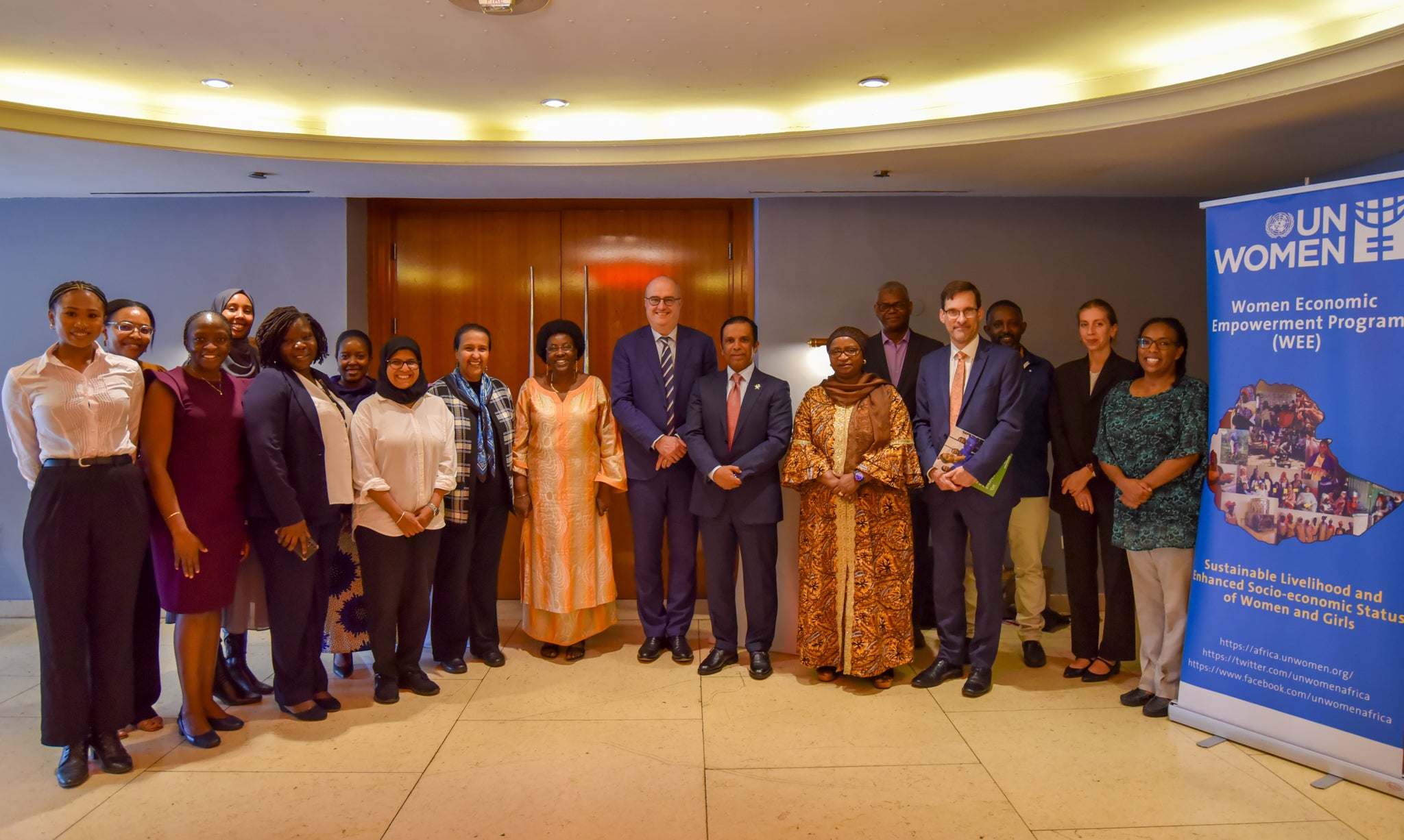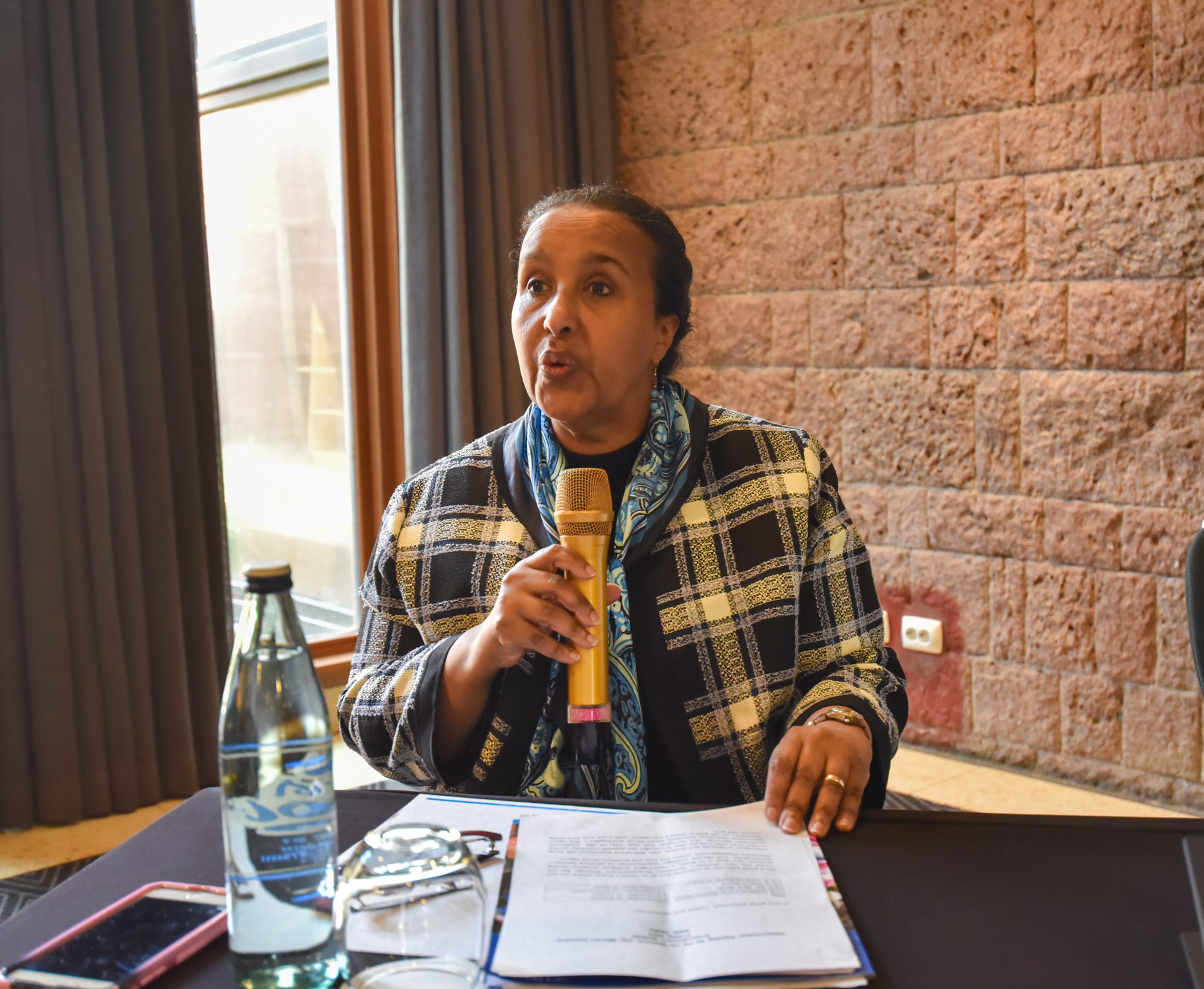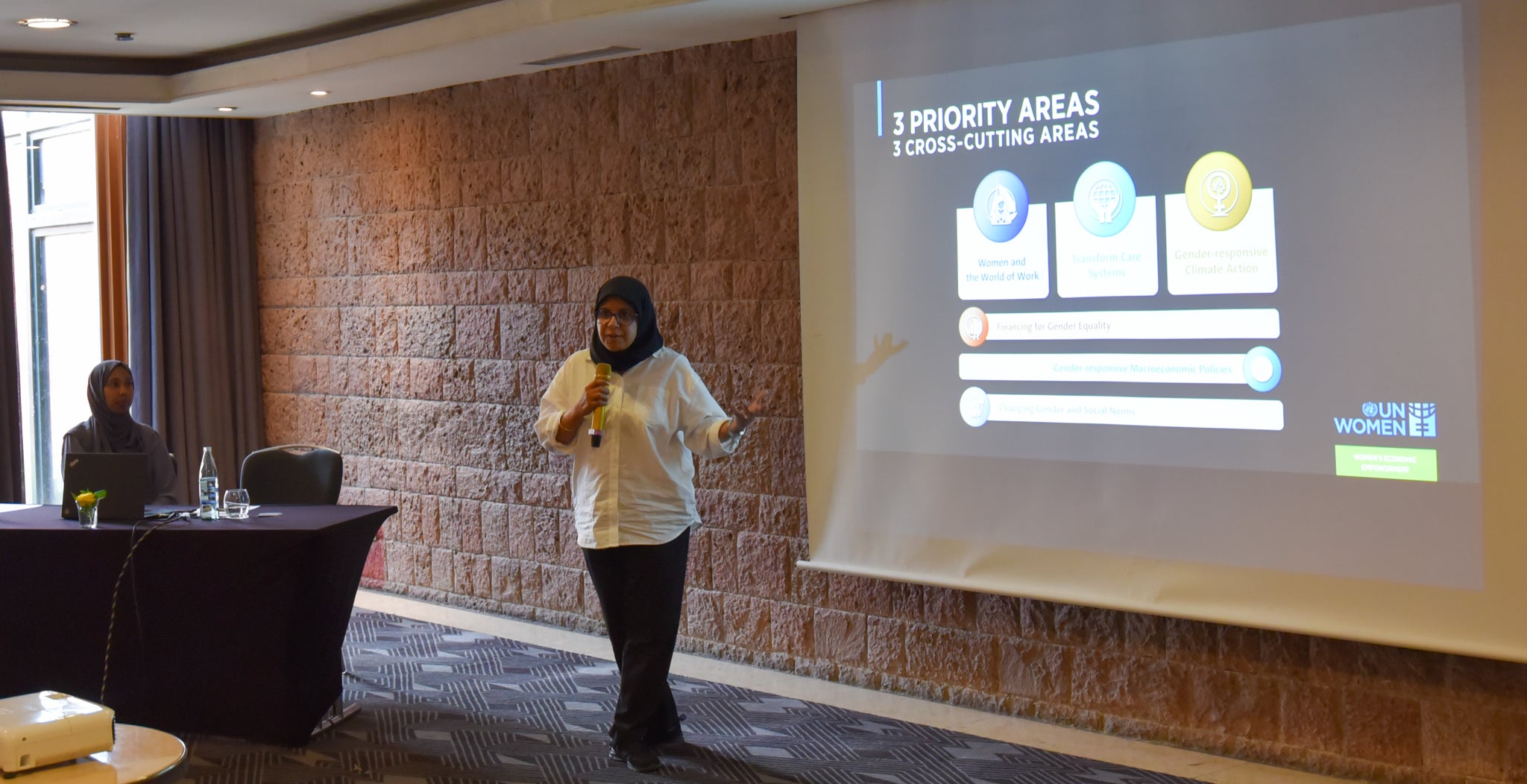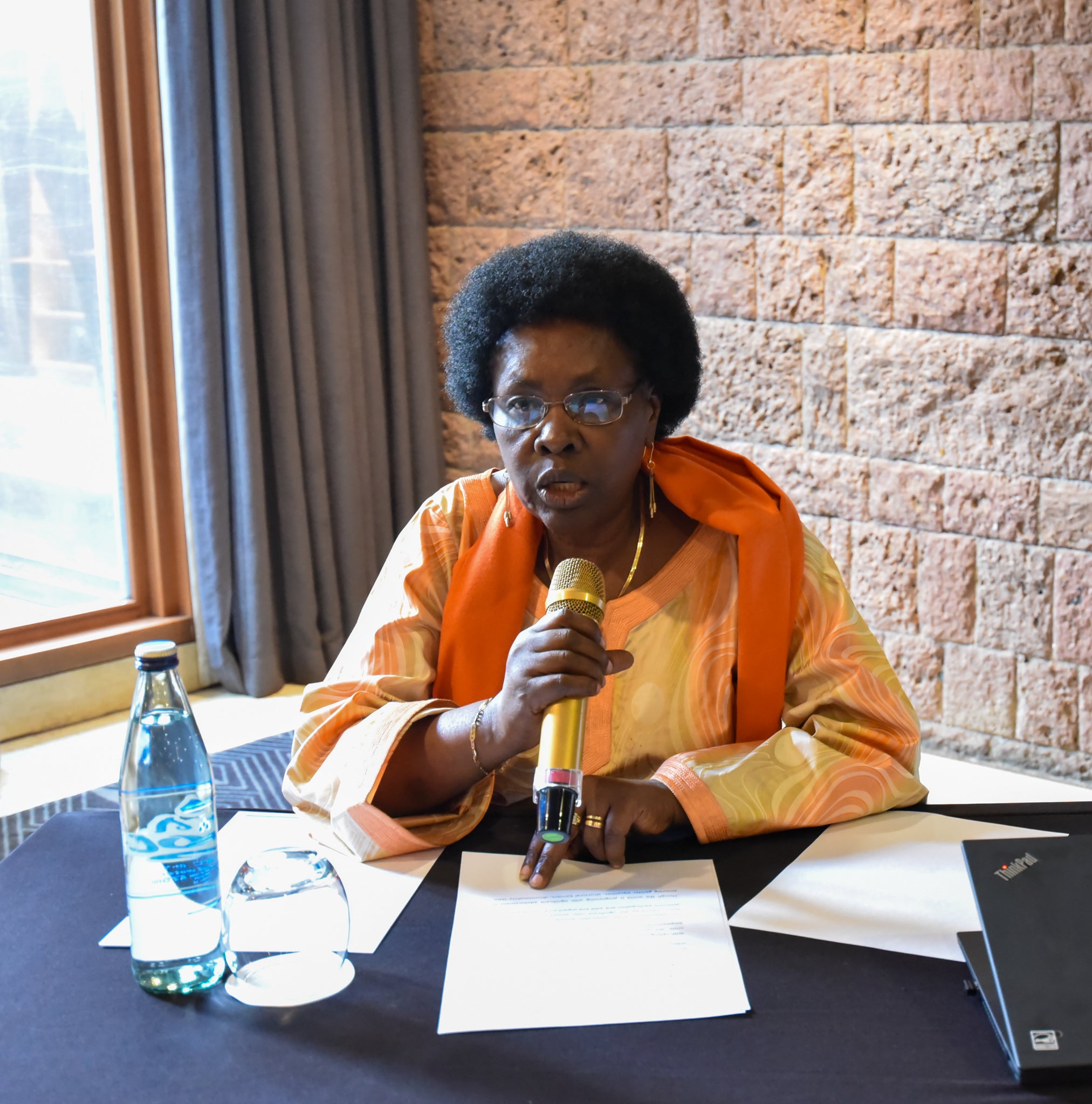Launching of Women Economic Empowerment Strategy in Ethiopia
Date:

The economic involvement of women, encompassing both paid and unpaid work, plays a significant role in sustainable development and is crucial for realizing the 2030 Agenda. Women are substantial contributors to the economy, both directly and indirectly, fostering economic growth and development. However, many women face the harsh reality of resistance against their rights and progress toward gender equality, further exacerbated by interconnected crises such as climate change and conflict.
Economic empowerment is not just important for women, it also acts as a catalyst, enhancing their decision-making capabilities and resilience. In 2024, UN Women launched the Women’s Economic Empowerment Strategy. This strategy encapsulates UN Women’s vision of empowering women to thrive and economies to prosper. It aims to dismantle the systemic barriers that prevent women from fully participating in the economy. Recognizing the interconnectedness of gender equality and sustainable development, the strategy emphasizes the importance of integrating women's economic empowerment into development initiatives across sectors.
On 27 May 2024, the UN Women Ethiopia Country Office, in collaboration with the UN Women Eastern and Southern Africa Regional Office and the UN Women Liaison Office to AU and UN ECA, hosted the launch event of the new Women Economic Empowerment Strategy at Hilton Hotel, Addis Ababa. The event served to present the new UN Women’s - Women Economic Empowerment Strategy. The event was graced by the presence of Mrs. Cecile Mukarubuga, Country Representative, UN Women Ethiopia, Ms. Hodan Addou, UN Women Deputy Regional Director for ESA a.i., along with ambassadors, representatives of UN Agencies, AU, and representatives from Canada, Sweden, Japan, Economic Community of Central African States, UN Offices, NRC, and IFRC.
The event commenced with an opening address by Ms. Hodan Addou. After a brief introduction of the attendees, Ms. Hodan provided an overview of the current status of women in Africa, highlighting the persistent challenge of women’s economic empowerment in the region.

She emphasized that addressing the barriers of women’s economic empowerment requires multi-level efforts and collaboration with diverse partners across various sectors. In this regard, Ms. Hodan pointed out that the newly introduced UN Women Economic Empowerment Strategy offers a clear roadmap for jointly achieving women's equal participation in the economy and stressed that investing in women is both an economic imperative and a human rights issue.
A detailed presentation on the new Women’s Economic Empowerment Strategy was delivered by Ms. Mehjabeen Alarakhia, the Regional Policy Specialist for Women’s Economic Empowerment at UN Women ESARO. She outlined the three priority areas identified in the Strategy. Ms. Mehjabeen explained that addressing these priority areas requires focusing on issues such as decent work, women migrant workers, women entrepreneurs, access to protection and services, public and private financing, support for caregivers and care-receivers, and gender-responsive climate finance. She acknowledged that UN Women’s initiatives incorporate the ‘Leave No One Behind’ approach and the ‘Human Rights-Based’ approach in all its operations, which are integral components of the Strategy.

An open discussion and Q&A session on UN Women’s work on Economic Empowerment was also conducted with the participants. In her concluding remarks, Mrs. Cecile Mukarubuga, the Country Representative for UN Women Ethiopia, stated, “The launch of UN Women’s Economic Empowerment Strategy signifies a significant advancement in tackling systemic barriers and incorporating gender equality into development initiatives. I urge each of you to continue championing gender-responsive policies and practices within your respective spheres of influence. Together, we can create a future where women thrive, economies prosper, and sustainable development becomes a reality for all.”

Key takeaways from the event include the need for continued strengthening of coordination between partners to leverage existing initiatives and expertise across various levels and sectors, and the importance of considering cross-cutting solutions when addressing cross-cutting issues.